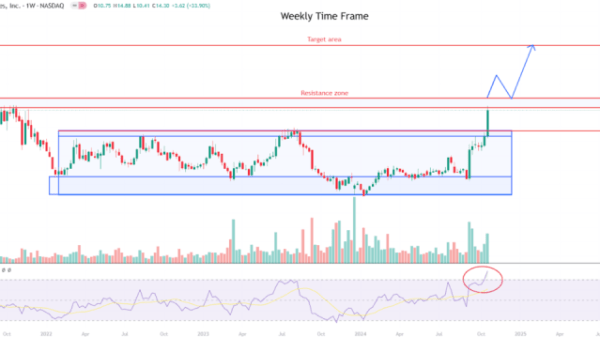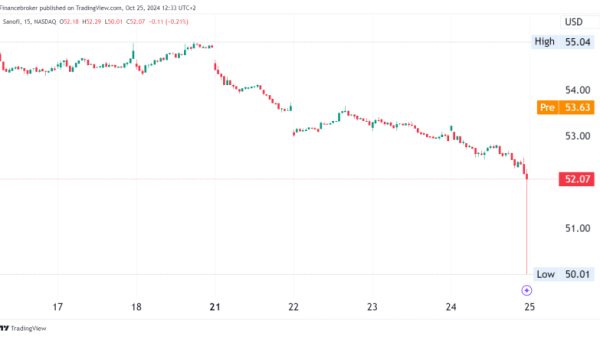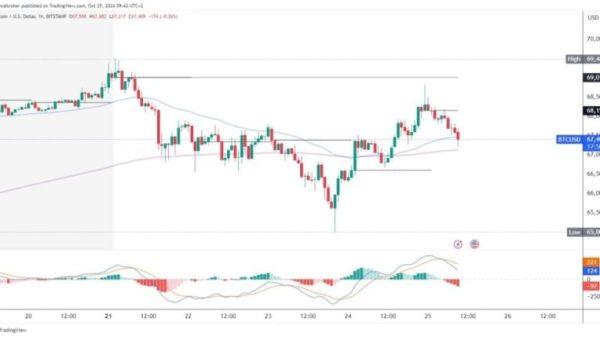By Giuseppe Fonte
ROME (Reuters) – Italy’s cabinet will meet late on Tuesday to approve Rome’s 2025 budget, amid tensions within the ruling parties over a Treasury proposal to raise taxes on banks.
Prime minister Giorgia Meloni’s government needs to find around 25 billion euros ($27.23 billion) to finance a raft of stimulus measures including cuts to income tax and social contributions for middle- and low-income earners.
Rome has said it will widen next year’s deficit to 3.3% of gross domestic product from an estimated 2.9% based on current trends, borrowing an extra 9 billion euros.
The rest of the package will be financed by spending curbs or tax increases elsewhere in the budget.
The cabinet is due to gather at 8 pm (1800 GMT) to approve the measures.
The Treasury is discussing with Italy’s banks – who have made handsome profits in recent years – about how they should contribute to consolidating the country’s public finances, government officials said on Monday.
Talk of a bank levy has swirled for weeks and has weighed on lenders’ shares in the absence of clarity from the government.
Economy Minister Giancarlo Giorgetti, from the far-right League party, has said “sacrifices” must be made by those who can afford them, and a contribution from banks “shouldn’t be considered blasphemy”.
His remarks were criticised by Foreign Minister Antonio Tajani’s Forza Italia party, which opposes any tax hikes.
Italy last year shocked markets by imposing a 40% tax on banks’ windfall profits, only to backtrack by limiting the scope of the levy and giving lenders an opt-out clause which meant that in the end it raised nothing for state coffers.
DEFICIT TO FALL, DEBT TO RISE
Revenue-raising options indicated by officials include changing the taxation of stock options for managers, and altering the rules governing banks’ tax credits stemming from past losses, known as deferred tax assets (DTA).
The government also plans to hike excise duties on diesel and may eliminate some tax breaks available to companies regarding the main corporate tax IRES, the officials said.
Italy is under an EU disciplinary procedure due to a budget deficit that came in last year at 7.2% of gross domestic product, far above the bloc’s 3% limit and the highest ratio in the euro zone.
Last month the government pledged to lower the deficit to 2.8% of GDP in 2026, hoping this will allow Italy to exit the so-called ‘excessive deficit procedure’ the following year.
On the other hand Italy’s debt, already the second highest in the euro zone, is seen gradually climbing over the next two years, reaching 137.8% of GDP in 2026 compared with last year’s ratio of 134.8%.
The EU’s recently revamped fiscal rules require a steady pace of deficit and debt reduction from 2025 over four to seven years.
To secure EU approval for a less ambitious seven-year budget adjustment, Italy committed to reforms in several policy areas, including making the tax system more efficient.
Giorgetti has called for raising state estimates of house values, which are often outdated and ensure unwarranted access to tax breaks. Like the bank levy, this proposal has also drawn criticism from coalition allies.
($1 = 0.9181 euros)




































